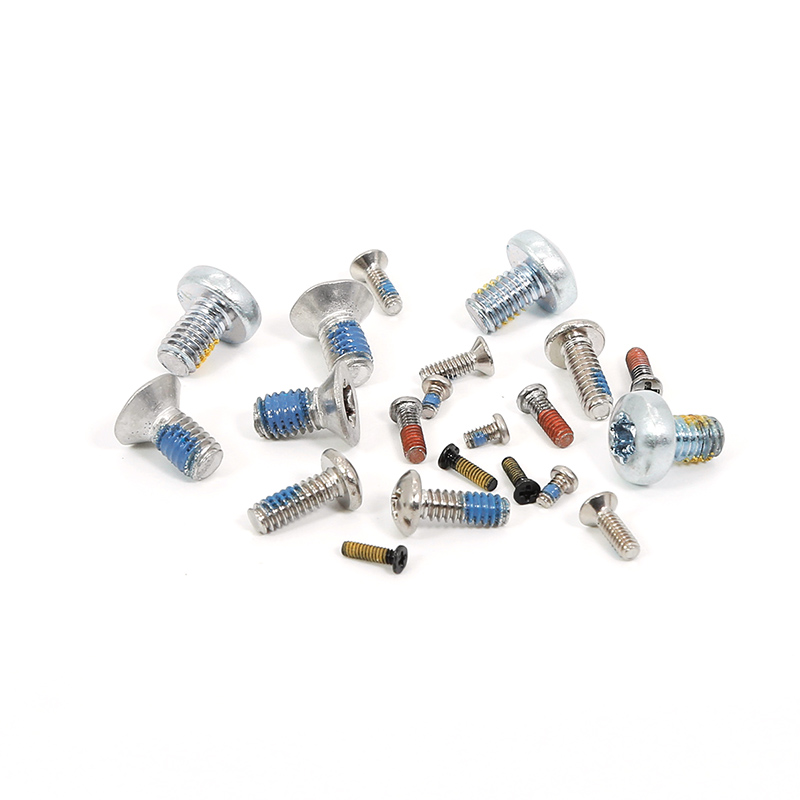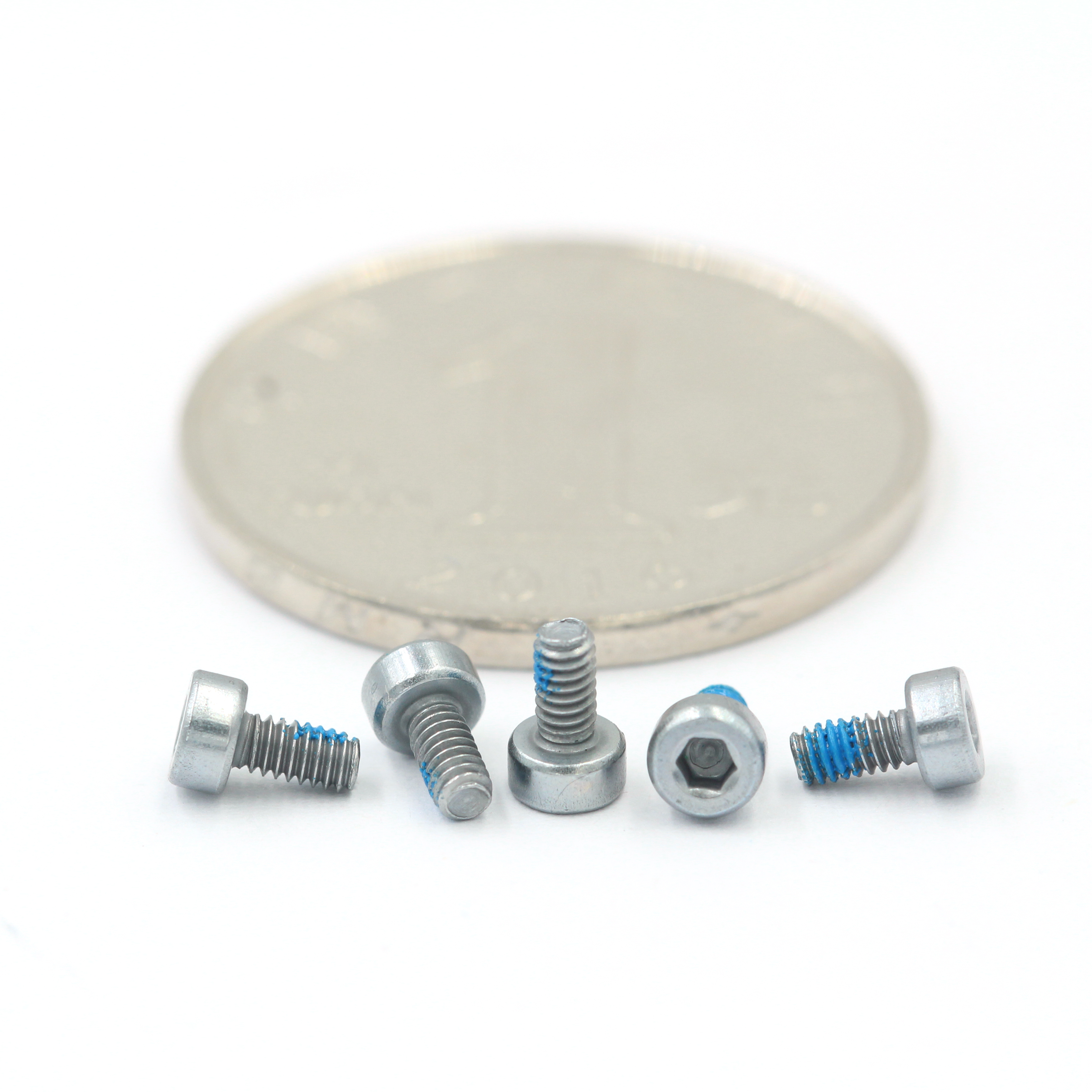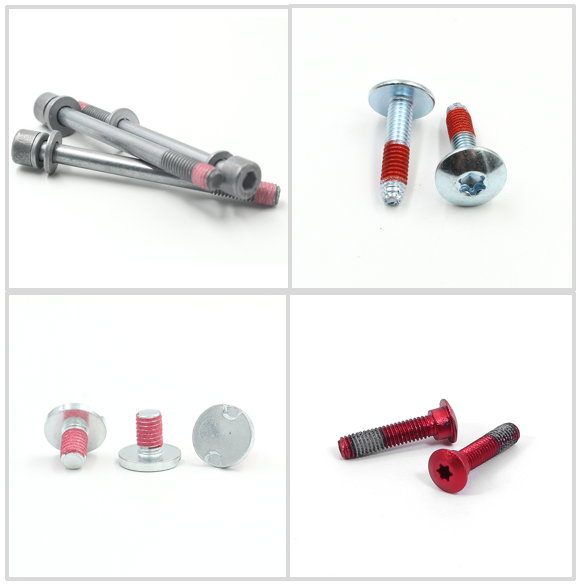Introduction
In industrial and mechanical systems, maintaining secure screw fastening is vital for structural stability and operational safety. Among the most dependable solutions to prevent unintended loosening is the Nylon Patch Screw. These advanced fasteners integrate a specialized nylon patch that delivers consistent anti-loosening performance, even with repeated installation and removal.
Key Advantages of Nylon Patch Screws
1. Reliable Anti-Loosening Performance
Nylon patch screws excel in long-term vibration resistance, thanks to their reusable locking mechanism. ISO standards for anti-loosening fasteners require a minimum return torque (loosening resistance) to ensure secure fastening.
- First Installation: Delivers peak return torque for maximum initial hold.
- Subsequent Uses: Torque gradually decreases over the next few cycles as the nylon patch adapts to the thread profile.
- Stable Performance: After approximately seven uses, the return torque levels off—remaining well above ISO specifications.
This ensures durable anti-loosening performance, making these screws ideal for equipment requiring regular disassembly and reassembly.
2. Broad Compatibility & Adaptability
Unlike conventional locking methods (e.g., lock nuts or washers), nylon patch screws can be applied to both internal and external threads, offering unmatched flexibility. They are compatible with:
- Standard Fasteners: Machine screws, set screws, hex bolts, and more
- Custom Designs: Tailored solutions for specialized applications
- Wide Size Range: From ultra-fine M0.8 threads to heavy-duty M22 bolts
- Multiple Materials: Carbon steel, alloy steel, stainless steel, and others
This adaptability makes them indispensable in industries like automotive, aerospace, electronics, and industrial machinery.
The Science Behind Secure Fastening
Why Screws Stay in Place
A securely fastened screw relies on two critical forces:
1. Axial Force – The clamping tension that keeps the screw under load.
2. Frictional Force – The resistance between threaded surfaces preventing movement.
Together, these forces ensure a stable, vibration-resistant connection.
Common Causes of Screw Loosening
Screws loosen when axial and frictional forces weaken, often due to:
- Vibration & Shock – Continuous movement gradually reduces clamping force.
- Micro-Gaps in Threads – Even slight clearances allow slippage under stress.
How Nylon Patch Screws Prevent Loosening
The embedded nylon patch enhances locking performance by:
- Thread Conformation – The nylon molds to the screw threads, eliminating microscopic gaps.
Dongguan Yuhuang Electronic Technology Co., Ltd
Email:yhfasteners@dgmingxing.cn
WhatsApp/WeChat/Phone: +8613528527985
Post time: Apr-24-2025











